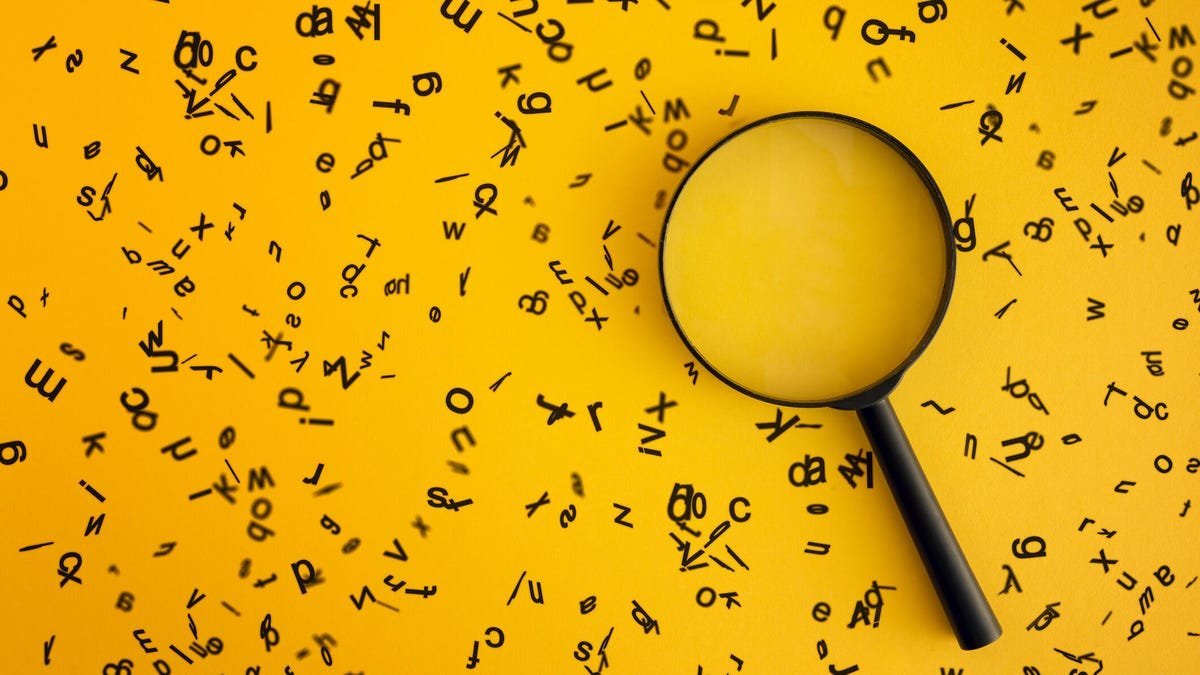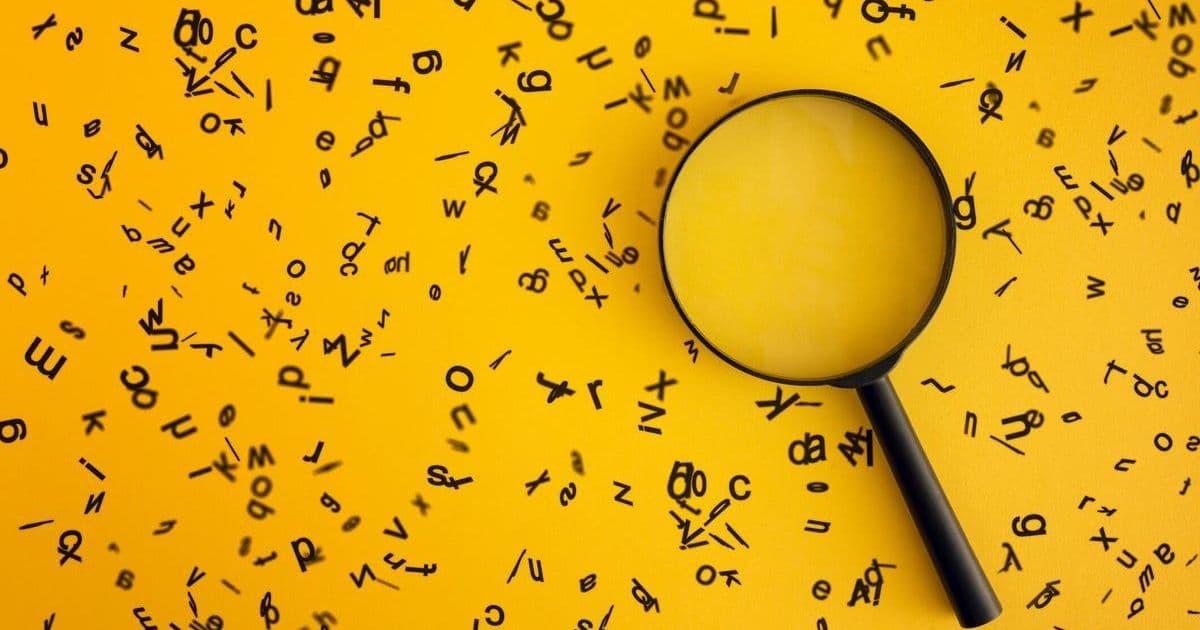New benchmark tests reveal a seismic shift in AI content detection: leading chatbots like ChatGPT Plus, Copilot, and Gemini now outperform specialized detectors in identifying AI-generated text. While tools like Pangram and ZeroGPT achieved perfect scores, overall detector accuracy declined amid paywalls and inconsistent updates—forcing a rethink of plagiarism safeguards.

"Using an AI to do your writing is plagiarism." This stark declaration opens ZDNET's latest investigation into AI content detection—a field undergoing dramatic turbulence. Senior Contributing Editor David Gewirtz's rigorous 2025 benchmarking reveals a surprising reversal: general-purpose chatbots now detect AI-generated text more reliably than specialized tools.
The Testing Framework: 55 Tests, 11 Detectors, 5 Chatbots
Gewirtz employed five text blocks—two human-written, three ChatGPT-generated—fed through 11 detectors and five chatbots. Detectors included BrandWell, Copyleaks, GPTZero, and newcomers like Pangram. Chatbots tested were ChatGPT (free/Plus), Copilot, Gemini, and Grok. Key findings:
- Only 3/11 detectors (Pangram, QuillBot, ZeroGPT) achieved 100% accuracy
- Chatbots outperformed: ChatGPT Plus, Copilot, and Gemini scored 100%
- Accuracy declined for previously top-performing tools like Undetectable.ai (plummeting from 100% to 20%)
The Detector Dilemma: Paywalls and Inconsistency
Several concerning trends emerged among dedicated detectors:
- Monetization over accuracy: Monica imposed a $200 paywall mid-test, while Originality.ai charges $12.95/month
- False human claims: Copyleaks (marketing "99% accuracy") flagged human-written text as AI
- Regressing performance: Grammarly's AI checker showed "zero improvement" since 2023
"Test 1 is my writing... Copyleaks identified [it] as 100% AI written. Even Brandwell identified Test 1 as human-written." — David Gewirtz
The Chatbot Surprise
Chatbots evaluated text using the prompt: "Evaluate the following and tell me if it was written by a human or an AI." Results stunned:
- ChatGPT Free identified Gewirtz by name in an incognito window
- ChatGPT Plus, Copilot, Gemini achieved perfect 100% scores
- Only Grok underperformed, misclassifying 3/5 samples
Why This Matters for Developers and Educators
The implications are profound:
- Plagiarism arms race: As generators evolve (GPT-2 → GPT-5), detectors struggle to keep pace
- False positives risk: Non-native English writing is disproportionately flagged as AI
- Cost efficiency: Why pay for detectors when chatbots—tools teams already use—perform better?
The Verdict
While Pangram and ZeroGPT offer hope for dedicated detectors, Gewirtz cautions against overreliance. The rise of chatbot accuracy suggests a future where multipurpose AI tools absorb detection capabilities—rendering standalone solutions obsolete. For now, a hybrid approach prevails: trust but verify, using both chatbots and top detectors like Pangram for critical assessments.
Source: ZDNET

Comments
Please log in or register to join the discussion